Wine, Beer & Spirits Update
We are pleased to bring you our latest update summarizing legal developments and trademark cases we believe are interesting and instructive for the beverage alcohol industry.
The new tax law benefits wineries, breweries and distilleries.
As of January 1, 2018, the Craft Beverage Modernization and Tax Reform Act of 2017 (CBMTRA) enacted various benefits:
- Excluded from the interest expense capitalization rules the aging period from the production period for beer, wine, or distilled spirits;
- Reduced the excise tax rates on beer and distilled spirits;
- increased the amount of the small wine producer tax credit and extended it to all wineries (including sparkling wine producers for the first time) regardless of size, and specified an adjustment for hard cider;
- modified the alcohol content limitations that apply to certain wines for tax purposes;
- specified definitions for "mead" and "low alcohol by volume wine;"
- modified requirements for records, statements, and returns for certain breweries; and
- permitted the transfer of beer between bonded facilities without payment of tax.
See the Act itself for details. https://www.congress.gov/bill/115th-congress/senate-bill/236/text.
A decision on likelihood of confusion in a TTAB opposition was binding in a subsequent infringement case in federal court.
Until recently, parties battling likelihood of confusion claims in trademark oppositions might not litigate them to the fullest because TTAB decisions on registrability were not given great weight in court proceedings involving infringement claims. This is changing.
In January 2003, Cesari S.r.L., an Italian winery registered the trademark LIANO for “wines.” The very next month, Peju Province, a Northern California winery, applied to register LIANA for “wines.” Cesari opposed, and in 2004 the TTAB found confusion likely despite Peju’s attempt to distinguish the types of wines of the respective parties—Cesari’s Italian red Sangiovese/Cabernet Sauvignon and Peju’s Napa Valley Chardonnay dessert wine.
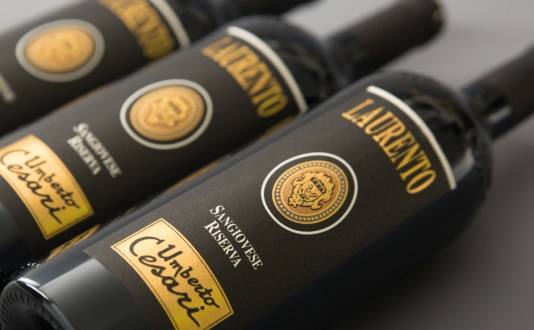
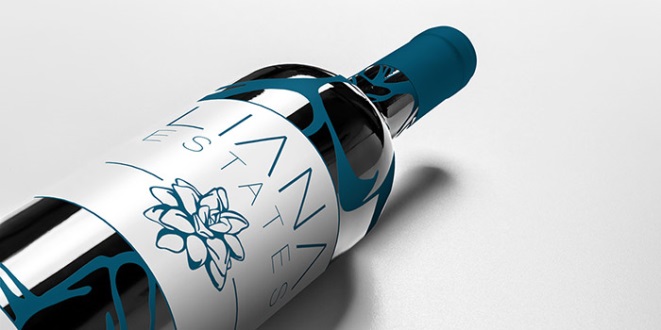
Peju did not appeal, but over the next thirteen years it used LIANA for “wines” and even expanded its product line to a different varietal and founded a new winery called “Liana Estates.”
In 2016 when Peju again applied to register its mark, Cesari again opposed and also brought a trademark infringement suit in the US District Court for the Southern District of New York.
Cesari moved for a summary judgment that Peju was precluded from re-litigating the likelihood of confusion issue the TTAB had decided in 2004. This position was in accordance with the US Supreme Court decision in B&B Hardware, Inc. v. Hargis Indus., Inc., 135 S. Ct. 1293 (2015):
So long as the other ordinary elements of issue preclusion are met, when the usages adjudicated by the TTAB are materially the same as those before the district court, issue preclusion should apply. Id. at 1319.
The District Court recognized that, in an infringement action, a court analyzes the parties’ use in commerce, in contrast to an opposition proceeding in which the TTAB analyzes the marks, goods and channels of trade only as set forth in the application and registration, regardless of actual marketplace usage, which might differ.
However, in this case, and perhaps for the first time in any case, the Court found that the attempted distinction of marketplace usage was not material. “Wines purchased by sophisticated consumers, after all, are still wines” it said. Cesari S.r.L v. Peju Province Winery L.P., 1:17-cv-00873 (S.D.N.Y. 2017).
Editor’s Note: It is possible that Peju will appeal this decision. But this decision suggests that TTAB oppositions should be taken seriously in the first instance, and that adverse decisions should sometimes be appealed to a federal district court to avoid issue preclusion later.
A Consent Agreement between beer brewers was rejected for lack of detail.
For many years, the Trademark Office tribunals admonished trademark examining attorneys to give “great weight” to consent agreements reflecting the parties’ views that marks could coexist without a likelihood of confusion. But this may not apply in all cases.
8-Brewing LLC applied to register 8-BIT ALEWORKS (in standard characters) for “beer.” The Examining Attorney refused registration based on the registered mark 8-BIT BREWING COMPANY (registered in standard characters and also in logo form) for “beer” and other beverages. The applicant appealed, having submitted a consent agreement, which normally would be entitled to “great weight.” The agreement had an Exhibit A depicting the respective marks only in logo form.
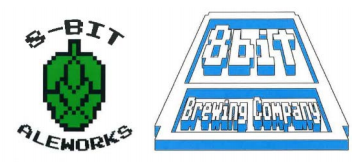
The TTAB held the applicant’s standard character mark was unregistrable because it was likely to cause confusion with the standard character registered mark. The consent agreement was found to be ambiguous in various respects:
- it was not clear whether the registrant was consenting only to the coexistence of the marks as depicted in the exhibit or also to the standard character mark with or without the design element;
- the statement that the parties were unaware of any actual confusion was weak given a mere five months of coexistence;
- there was no differentiation of the price ranges or trade channels other than to state that the parties would be using their respective marks in California and Arizona, but the agreement was silent as to other states. The TTAB noted that any geographic restrictions would not be reflected in a registration for nationwide coverage, not concurrent use rights;
- no provisions had been made to diminish the likelihood of confusion for ordinary consumers of beer who will exercise only ordinary care; and
- the vague agreement to use their marks “in conjunction with commercially distinct product packaging that features highly dissimilar hyphenation, capitalization, formats, color schemes, and design elements” had little importance without examples, especially since the application was for a standard character mark.
In re 8-Brewing LLC, Application No. 86760527 (T.T.A.B. 2017)
Editor’s Note: This decision illustrates the care that must go into negotiating a consent agreement. It echoes a similar outcome about one year ago in which a consent agreement was rejected regarding the applied-for mark TIME TRAVELER BLONDE and the registered mark TIME TRAVELER, both for “beer.” In re Bay State Brewing Company, Inc., Application No. 85826258 (T.T.A.B. 2016).
Would you have guessed the outcome of this opposition?
A small-town North Carolina brewpub named Innovation Brewing, which reportedly sold only about 500 barrels in 2015, applied to register INNOVATION BREWING (in standard characters). Bell’s Brewery Inc., an established Michigan brewery with sales of more than 310,000 barrels annually, filed an opposition in the TTAB based on its registration of INSPIRED BREWING and its unregistered slogan BOTTLING INNOVATION SINCE 1985.

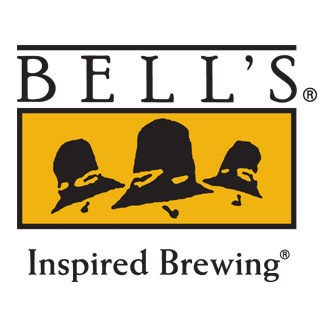
The TTAB refused to consider the unregistered slogan for various technical reasons. It went on to find that there were some factors favoring a finding of likelihood of confusion between the applied-for mark and the registered mark: the parties’ goods, customers and channels of trade were identical, and beer is inexpensive and subject to impulse purchase. But the TTAB dismissed the opposition based on its determination that the marks INNOVATION BREWING and INSPIRED BREWING were dissimilar in appearance, sound, connotation and overall commercial impression. Bell’s Brewery, Inc. v. Innovation Brewing, Opposition No. 91215896 (T.T.A.B. 2017).
Editor’s Note: It remains to be seen whether Bell’s Brewery will appeal to a federal district court so that it can put in evidence as to its unregistered slogan, which includes the term INNOVATION.
Would you predict the registrability of these marks?
1. The Examining Attorney refused registration of FARM TO TABLE (in standard characters) for “wines” on the ground that it was merely descriptive of the goods. The applicant appealed.
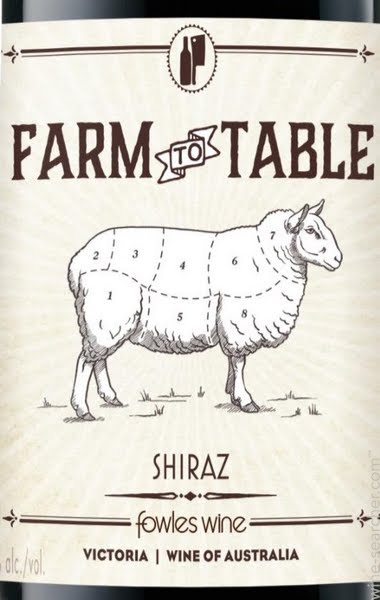
The TTAB affirmed the refusal of registration. The TTAB noted that numerous third parties had used that term for food and wines from many different sources as part of a trend toward local sourcing and production. Further, as used on applicant’s own website, this term would be perceived as merely informational. The TTAB rejected the argument that “fresh” wines available literally from farm to table would merely be unaged and undrinkable grape juice. It found that the phrase FARM TO TABLE describes locally sourced wines that may be consumed with locally sourced foods. In re Fowles Wine Pty Ltd., Application No. 79157017 (T.T.A.B. 2017). Fowles thereafter abandoned this application.
2. Consejo Regulador del Tequila, A.C. applied to register TEQUILA (in standard characters) as a certification mark essentially for “spirits distilled from . . . the agave plant” and manufactured in Mexico. Luxco, Inc. opposed on the ground that “tequila” was generic for a type of distilled spirits.
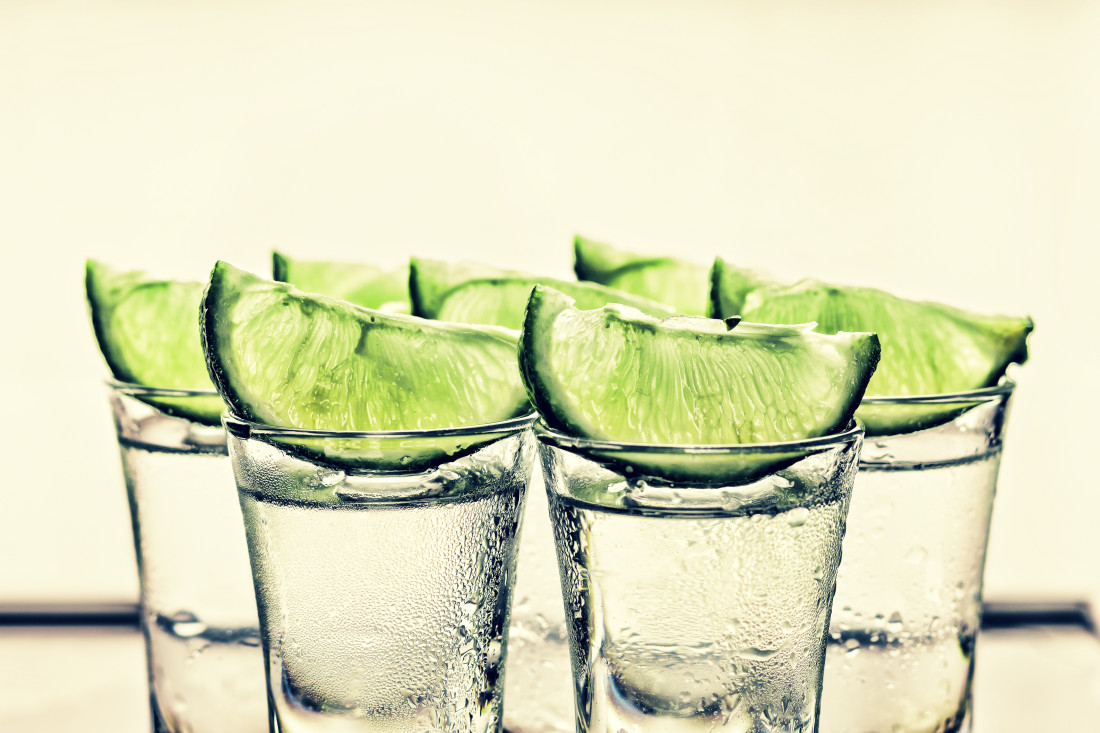
The TTAB found that the applicant was “accredited and approved” to verify compliance with the Official Mexican Standard for Tequila, and that the evidence showed that TEQUILA was not generic but rather had significance as a designation of geographic origin. Therefore, the opposition was dismissed. Luxco, Inc. v. Consejo Regulador del Tequila, A.C., Opposition No. 91190827 (T.T.A.B. 2017). This registration was issued, Reg. No. 5225126.
ABOUT COWAN, LIEBOWITZ & LATMAN
We know the beverage alcohol industry. Our clients include vineyards, craft breweries and retailers, and we represent start-ups as well as some of the world’s leading companies.
Our accumulated knowledge and experience enable us to approach legal problems from an advanced starting point, so we do not have to learn at your expense. Our focus is on delivering practical and positive results.
We were founded over 60 years ago and are recognized worldwide as a leading intellectual property law and litigation firm. We are also experienced in the areas of corporate and commercial law, customs, international cargo and regulatory compliance, information technology, real estate law, tax law, trusts and estates and military law. We draw talent from our different practice groups to meet your unique needs in the most efficient, and cost-effective manner.
Our attorneys with experience in the beverage industries include William M. Borchard, Mary A. Donovan, Kieran G. Doyle, Robert J. English, Meichelle R. MacGregor, Joel Karni Schmidt, and Deborah K. Squiers.
Prior results do not guarantee a similar outcome.